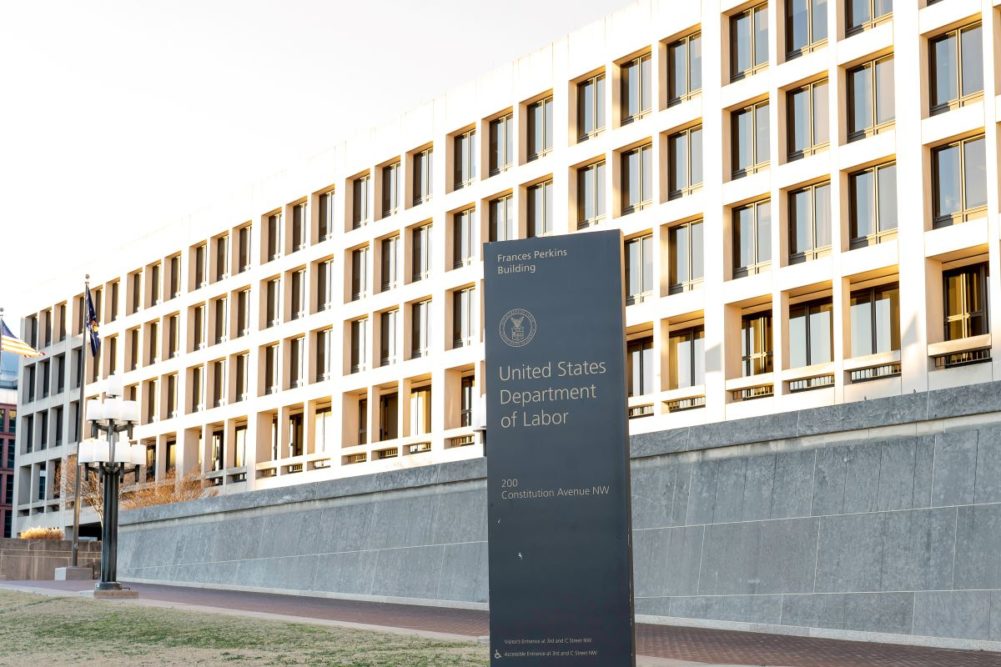WASHINGTON — The US Department of Labor is seeking to dismiss a counterclaim that Bimbo Bakeries, USA, the US business of Grupo Bimbo SAB de CV, filed against bakery distributor drivers who previously filed a lawsuit against BBU seeking overtime compensation.
BBU, Horsham, Pa., declined to comment on the action the Department of Labor took March 21. The issue centers around whether the drivers were independent contractors and not eligible for overtime pay or employees of BBU and eligible for overtime pay.
The distributor drivers filed a lawsuit against BBU and Bimbo Foods Bakeries Distribution LLC on Oct. 25, 2022, in the US District Court for the District of Vermont, saying BBU misclassified them as independent contractors, which resulted in BBU denying them their rights, obligations and privileges as employees. BBU prevented the distributor drivers from exercising independent control over their businesses by retaining rights such as BBU’s right to discipline and terminate distributors, BBU’s right to handle customer complaints against distributors, and BBU’s right to withhold pay for specified expenses, according to the lawsuit. BBU also required distributors to carry commercial insurance coverage and deducted insurance premiums from their pay.
The drivers stocked products on store shelves and deployed promotional displays designed and provided by BBU. The drivers, according to the lawsuit, should be considered BBU employees eligible for overtime pay if they worked more than 40 hours a week. The lawsuit asked for damages in an amount to be determined at trial for overtime wages according to the Fair Labor Standards Act, plus interest, liquidated damages, penalties, attorney fees and costs, and any other relief provided by law.
BBU in a Jan. 23 court filing gave reasons why the drivers should be considered independent contractors. The drivers retained the revenue generated through the sales/distribution process, which included the difference between the price of the products purchased from BBU and the price at which the drivers sold the products. The drivers also entered into advertising agreements, which employees cannot do.
In the counterclaim, BBU said if the court determines the drivers should have been classified as employees and not independent contractors, the drivers should not have retained the revenue they made through their profit in the products sold and should not have retained the revenue received from the advertising agreements. If the court determines the drivers should be classified as employees, BBU in the counterclaim said the court should restitute any revenues, profits and/or earnings that the drivers retained.
The DOL on March 21 requested the court in Vermont allow the DOL to intervene and seek the court’s dismissal of the BBU counterclaim. The DOL argued the Fair Labor Standards Act does not allow alleged employers to assert these types of claims against their workers who are seeking back wages.
“Companies use counterclaims like this one to circumvent the requirements of the Fair Labor Standards Act,” said Solicitor of Labor Seema Nanda. “These companies want to have it both ways. They want the benefits of not paying overtime wages, and, if a court says they must pay under the FLSA, they want their employees to reimburse them for their own violations of the law. That is simply not allowed.
“What’s at stake here is workers’ ability to exercise their rights under the FLSA without the fear of being impermissibly countersued by their employers. Should Bimbo Bakeries be allowed to proceed with its counterclaim, which is foreclosed by the FLSA, workers may well be discouraged from asserting their rights, including their right to cooperate in Department of Labor investigations and litigation.”
Enforced by the DOL, the FLSA requires most employees in the United States be paid at least federal minimum wage for all hours worked and overtime pay at not less than time and one-half the required rate of pay for all hours worked over 40 hours in a work week.





